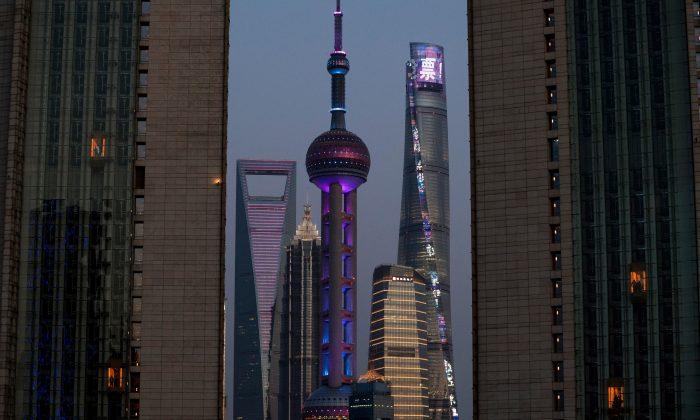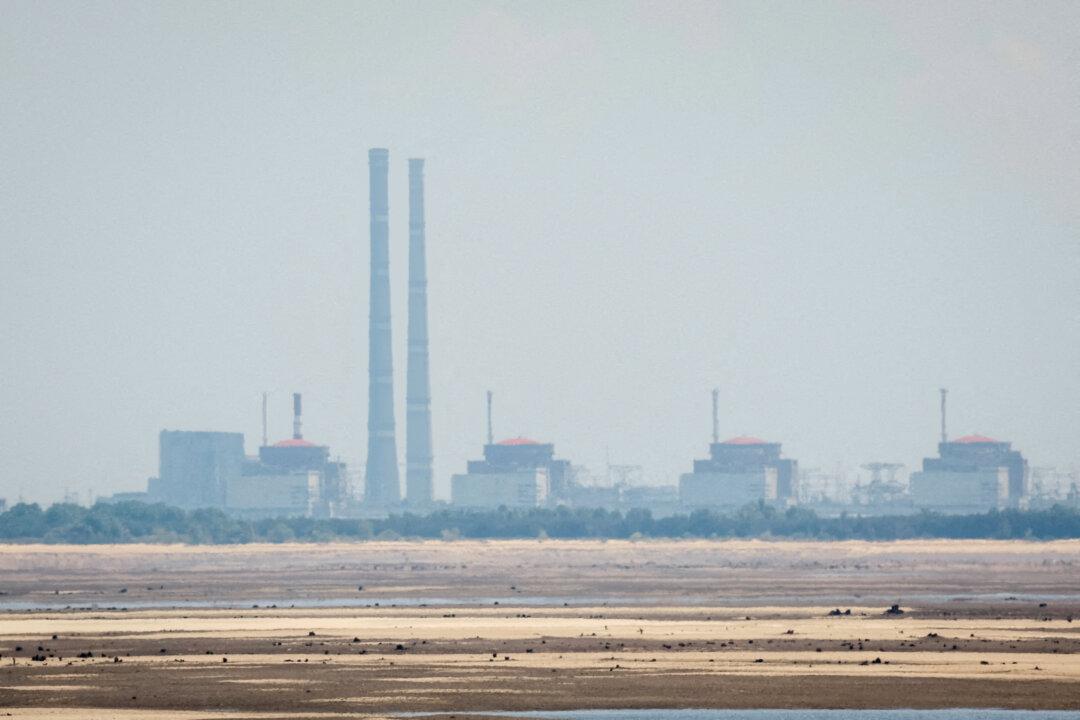BEIJING—China’s financial regulators on Nov. 27 released broad guidelines on new rules aimed at tightening supervision of financial institutions that are deemed “too big to fail,” the latest step by Beijing to fend off systemic financial risks amid a slowing economy.
China’s economic growth is expected to hit 6.6 percent this year and slow to 6.3 percent in 2019 as the country struggles with challenges relating to trade and structural reform, economists from Beijing’s Renmin University said in a report.
Regulators led by China’s central bank will shortlist financial institutions accounting for at least 75 percent of total assets in their respective sectors—or at least 30 banks, 10 securities firms and 10 insurance companies—as potential systemically important financial institutions (SIFIs) for a review each year, the People’s Bank of China (PBOC) said in an online statement.
Financial regulators will evaluate the impact of a potential failure of the short-listed institutions and submit an initial list of SIFIs to the State Council’s Financial Stability and Development Committee, which will make the final decision on the list.
The new rules come at a time when China’s policymakers are seeking to tighten regulations and rein in risky practices in the broader financial industry.
SIFIs will be asked to comply with additional regulatory requirements on capitalization, leverage ratios, liquidity and large exposure risks to avoid “blind expansion,” the statement said.
The additional requirements will mean higher compliance costs for the institutions, though regulators will grant them a grace period to adapt to the tighter rules, the statement said.
The central bank and other regulators will also create a crisis management team to ensure immediate action is taken to prevent systemic risks in the event a SIFI fails.
In adverse situations that could threaten systemic financial stability, SIFIs may seek help from industry security funds and even “emergency liquidity support or bailouts” from the central bank, the statement said.
Regulators will periodically conduct stress tests on SIFIs.
More detailed sector-specific rules for banks, securities firms and insurers will be released in the future, the statement said.
The economists from Renmin University said it would be difficult to use short-term measures to alleviate downward economic pressures now building in China, and while recent policies should prevent a deeper decline in growth next year, a new round of structural supply-side reforms was needed.






Friends Read Free